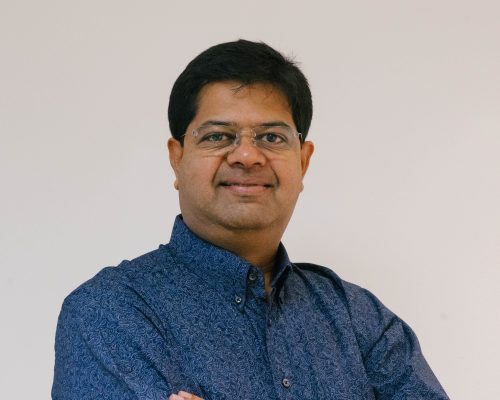Following Malaysia’s dramatic election in 2018, a range of efforts involving legal, institutional and cultural reforms are currently being initiated to consolidate democracy in Malaysia. However, the establishment of a ‘Malaysian Democracy Foundation” or MDF presents a unique opportunity to further institutionalize democracy in the country as well as act as a catalyst in Southeast Asia and beyond. It would be the first such Foundation in Southeast Asia.
The proposed MDF could be modeled on other such institutional mechanisms, notably in South Korea and Taiwan. Their experiences in conceptualizing, institutionalizing, funding and operationalizing the Korean Democracy Foundation (KDF) and the Taiwan Foundation for Democracy (TFD) hold invaluable lessons for consolidating and advancing democratic gains made in Malaysia.
The KDF was established by the passing Korea Democracy Foundation Act (Act 6495) in 2001 in the National Assembly. It was initiated with 82 signatures of members of the ruling and opposition parties in 2000 as part of the democratic reforms following the election of Kim Dae Jung as president of South Korea in 1998.
Ideas for setting up the TFD were marshaled by the Taiwanese Ministry of Foreign Affairs in 2002 following the country’s successful transfer of power in 2000 when the Democratic Progressive Party won the presidential elections. TFD was officially established in 2003 after all political parties in the legislature supported the budget for the Foundation.
Both these Foundations were established to consolidate and commemorate the democratic transitions in their respective countries. Both run a range of programmes related to capacity building of civil society and political parties as well as public education and memorializing historical timelines leading up to the democratic transition in each country.
Specific activities include organizing democracy-themed events such as conferences, seminars and workshops; undertaking research, providing fellowships and grants both for local individual and organisations as well as those from the region and internationally.
Following on from the experiences of South Korea and Taiwan, Malaysia could be the first country in Southeast Asia to establish a democracy foundation. Should it decide to do so, in the first instance a relevant government ministry or appointed representative needs to take the lead in building stakeholder support. Next an appropriate set of laws outlining the structure and governance of the proposed foundation need to be drawn up and passed as law in parliament. Following which a budget needs to be allocated so that staff and advisors can be brought into place to design a programme of work for implementation.
In establishing such democracy foundations there are challenges that arise following their implementation when the government in each country changes. When this happens often the governance and focus of the programme of work is affected, recruitment and retention of staff with the relevant expertise is also a challenge, while governmental priorities and budgetary constraints will be an ongoing encounter. In the context of ASEAN, Malaysia would also need to deal with the notion of “non-interference” among member states should it choose to roll out this idea.
Such a bold initiative, however, will distinguish Malaysia on the international scene as not all democratic countries in Asia have established such foundations. India and Indonesia are some examples, even though they participate and are included in Asia-Pacific democracy forums and meetings. One country that has been actively courted to establish a democracy foundation is Japan. Although a range of governments, diplomats and civil society activists have called on Japan to create a Japan Foundation for Democracy, to date it has not done so. Preferring to be non-interventionist or opting instead for United Nations led multilateral platforms. Japan has refused political leadership in this area.
Notwithstanding this exception, Malaysia can use its recent experience to consolidate democracy internally and contribute to democratization in the region. By establishing the Malaysian Democracy Foundation and being active in regional and global democracy forums, Malaysia stands to gain domestically and internationally as a catalyst for democracy. It need not heed the naysayers, who will undoubtedly quibble over the wisdom or timing of such a proposal. Such an initiative by Malaysia would be farsighted and would be well received and generously supported by all democrats.
 Dr. James Gomez is Chair, Board of Directors of the Asia Centre. He is also the convener of Asia Centre’s upcoming International Conference on Fake News and Elections in Asia, 10-12 July, Bangkok, Thailand. For more information about the conference email: contact@asiacentre.org
Dr. James Gomez is Chair, Board of Directors of the Asia Centre. He is also the convener of Asia Centre’s upcoming International Conference on Fake News and Elections in Asia, 10-12 July, Bangkok, Thailand. For more information about the conference email: contact@asiacentre.org

